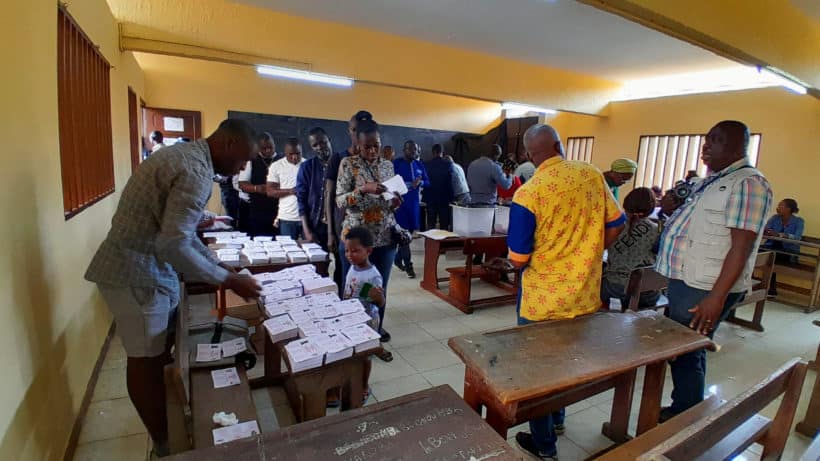
Aug 30 (Reuters) – A group of senior military officers in Gabon announced on national television on Wednesday they had taken power and election results were annulled, just minutes after President Ali Bongo was declared to have won a third term.
If successful the coup would represent the eighth since 2020 in West and Central Africa, a region that in the last decade had made strides to shed its reputation as a “coup belt”, only for persistent insecurity and corruption to open the door to military leaders.
Here is a list of some recent coups:
NIGER
In July 2023, members of Niger’s presidential guard detained President Mohamed Bazoum inside his palace and appeared on national television saying they were seizing power to end the “deteriorating security situation and bad governance.”
Days later the junta declared the head of the presidential guard, Abdourahamane Tiani, the new head of state, raising concerns about the security of a region where Niger has been a key ally of Western powers seeking to contain insurgencies by groups linked to al Qaeda and Islamic State.
The main West African bloc ECOWAS has been trying to negotiate with the coup leaders but said it was ready to send troops into Niger to restore constitutional order if diplomatic efforts failed.
Niger has authorised Mali and Burkina Faso’s armed forces to intervene on its territory in case of an attack.
BURKINA FASO
In January 2022, Burkina Faso’s army ousted President Roch Kabore, blaming him for failing to contain violence by Islamist militants.
Coup leader Lieutenant Colonel Paul-Henri Damiba pledged to restore security, but attacks worsened, eroding morale in the armed forces that led to a second coup in September 2022 when current junta leader Captain Ibrahim Traore seized power.
GUINEA
In September 2021, special forces commander Colonel Mamady Doumbouya ousted President Alpha Conde. A year earlier, Conde had changed the constitution to circumvent limits that would have prevented him from standing for a third term, triggering widespread rioting.
Doumbouya became interim president and promised a transition to democratic elections within three years.
ECOWAS rejected the timeline and imposed sanctions on junta members and their relatives, including freezing their bank accounts.
The military regime later proposed to start the 24-month transition in January 2023, but opposition parties say it has done little to put in place institutions and a roadmap to return to constitutional rule.
CHAD
In April 2021, Chad’s army took power after President Idriss Deby was killed on the battlefield while visiting troops fighting rebels in the north.
Under Chadian law, the speaker of parliament should have become president. But a military council stepped in and dissolved parliament in the name of ensuring stability.
Deby’s son, General Mahamat Idriss Deby, was named interim president and tasked with overseeing an 18-month transition to elections.
The unconstitutional transfer of power led to riots in the capital N’Djamena that were put down by the military.
MALI
In August 2020, a group of Malian colonels led by Assimi Goita ousted President Ibrahim Boubacar Keita. The coup followed anti-government protests over deteriorating security, contested legislative elections and allegations of corruption.
Under pressure from Mali’s West African neighbours, the junta agreed to cede power to a civilian-led interim government tasked with overseeing an 18-month transition to democratic elections to be held in February 2022.
But the coup leaders clashed with the interim president, retired colonel Bah Ndaw, and engineered a second coup in May 2021. Goita, who had served as interim vice president, was elevated to the presidency.
ECOWAS lifted some of the sanctions on Mali after the military rulers proposed a two-year transition to democracy and published a new electoral law. The country is scheduled to hold a presidential election in February 2024 to return to constitutional rule.
Read more: Gabonese military officers announce they have seized power
(Compiled by Hereward Holland)

